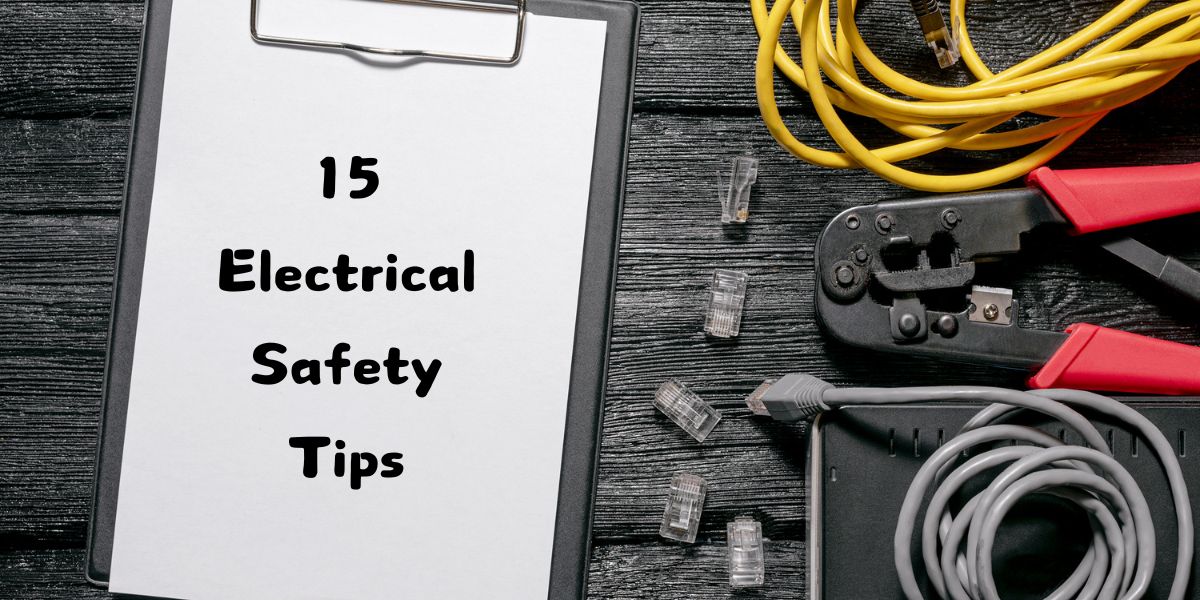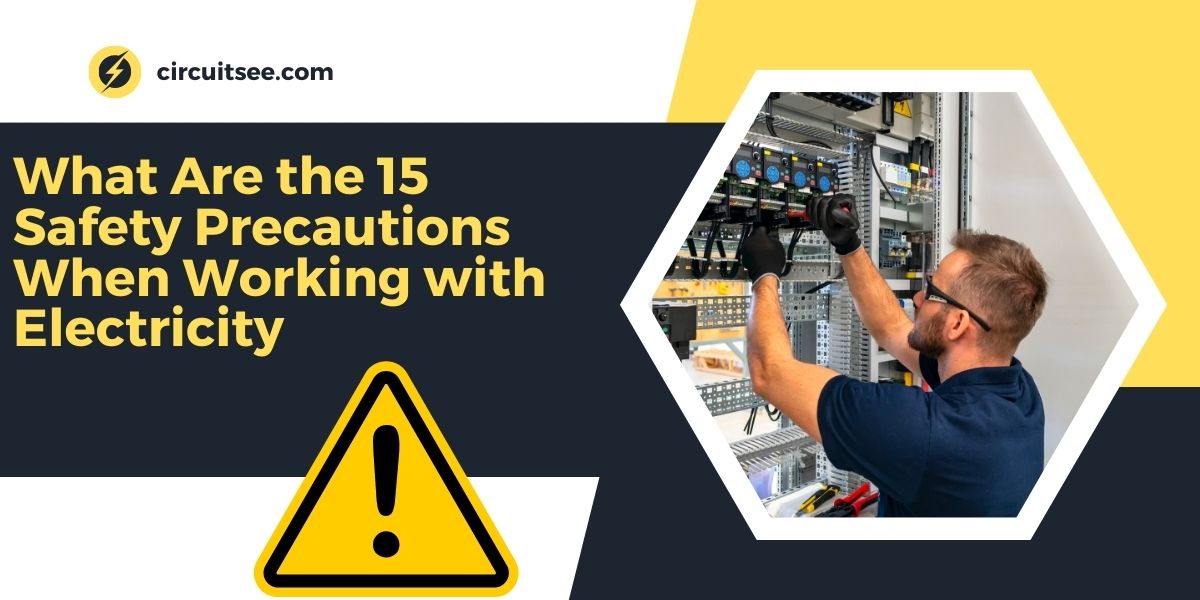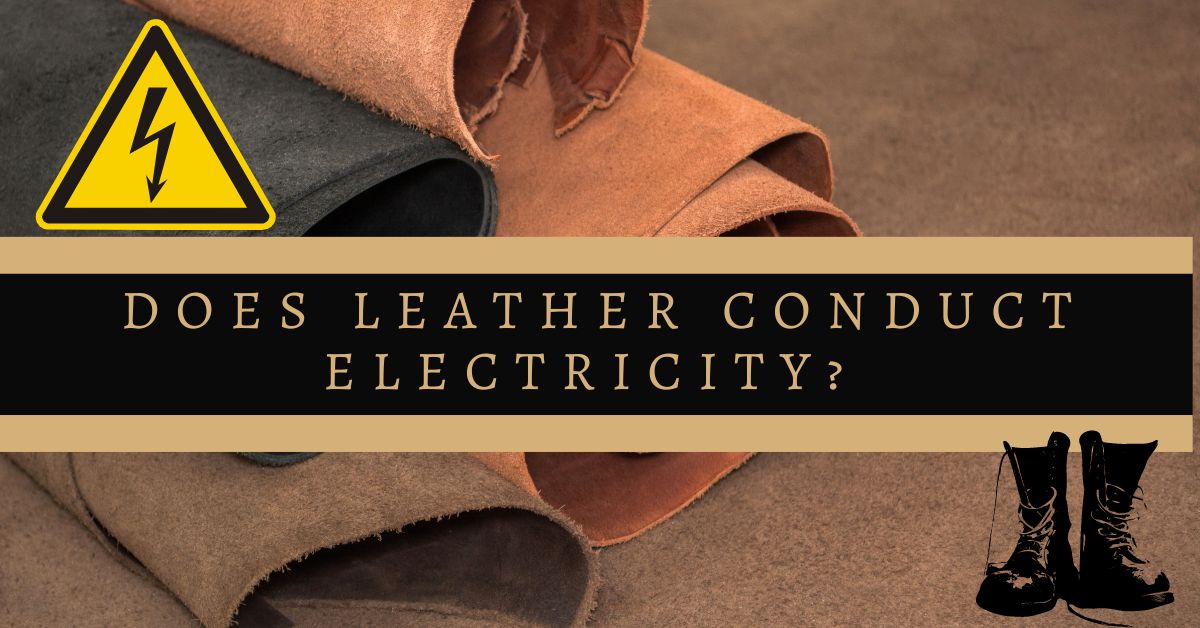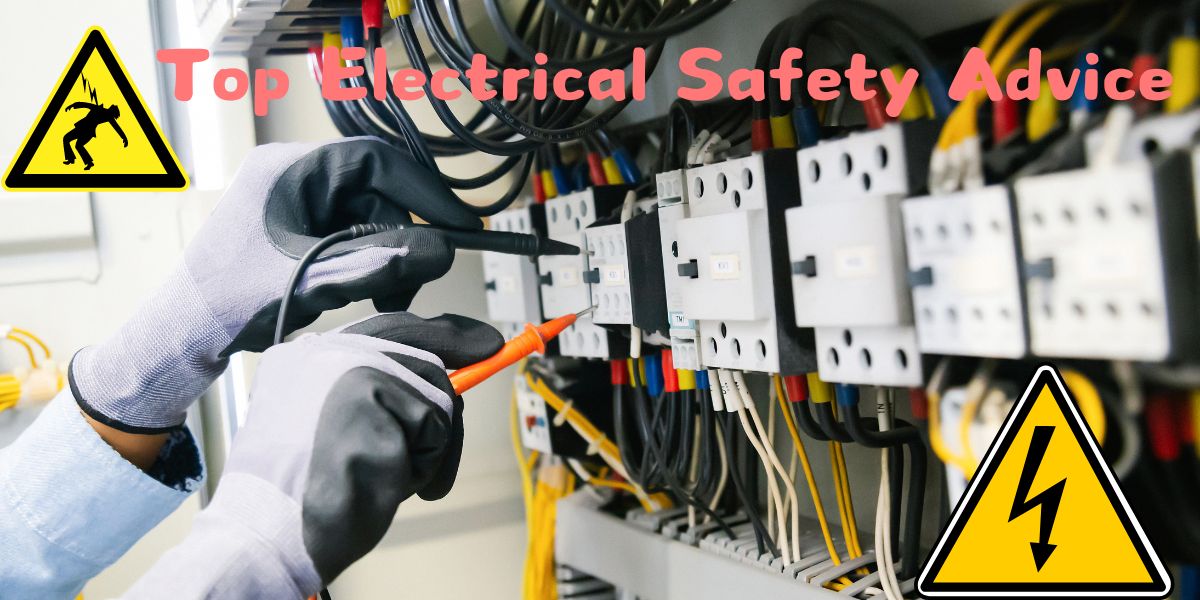15 Electrical Safety Tips, Electrical safety is crucial to prevent injuries, accidents, or even fatalities in your house. Proper coping with and renovating electrical appliances and wiring can assist in keeping your circle of relatives secure. Here are 15 electrical safety tips for domestic to ensure stable dwelling surroundings.
1. Understand Your Home’s Electrical System
Learn About Your Circuit Breaker
Your circuit breaker is the heart of your private home’s electrical device. It’s important to understand its characteristics and how to reset it if it trips. Knowing which breaker controls a part of your house can prevent time and ensure certain safety at some stage in electric issues.
Label Your Breaker Box
Clearly labeling your breaker field assists you in quickly identifying which breaker to replace at some point of protection or in case of an emergency. Use an everlasting marker or label maker for clear identification.
Use the Right Wattage for Bulbs
Using the correct wattage for light bulbs on your lamps and furniture can save you overheating and capacity health risks. Always test the maximum wattage recommendation for any light fixture and by no means exceed it.
2. Install Ground Fault Circuit Interrupters (GFCIs)
What Are GFCIs?
GFCIs can shield you from electric-powered shock by shutting off power whilst a fault is detected. They are specifically important in regions with high moisture, along with bathrooms, kitchens, and outdoor outlets.
How to Install GFCIs
Consider hiring an expert electrician to put in GFCIs in your own home. Regularly take a look at them to make certain they are functioning correctly.
3. Avoid Overloading Outlets
Overloading shops is a not unusual cause of electrical fires. Use strength strips with internal overload protection, and keep away from plugging too many high-wattage home equipment right into a single outlet.
4. Unplug Unused Appliances
Energy Savings and Safety
Unplugging unused home equipment can save electricity and decrease the risk of electrical fires. This easy exercise could make an extensive difference in your house’s safety.
Use Smart Plugs
Smart plugs let you control your home equipment extra correctly. You can timetable them to turn off while no longer in use, providing a further layer of safety.
5. Keep Electrical Appliances Away from Water
Water and electricity are a dangerous combination. Ensure all electric appliances are saved far from sinks, bathtubs, and different sources of water to save you shocks and electrocution.
6. Regularly Inspect Electrical Cords
Check for Damage
Inspect your electrical cords regularly for signs of wear and tear, together with fraying or cracking. Damaged cords can cause electrical shocks and fires.
Replace Damaged Cords
If you find any broken cords, replace them immediately. Do no longer try and repair them with tape or different makeshift answers.
7. Use Surge Protectors
Surge protectors can shield your electronics from electricity surges, which can motive harm to your gadgets or even cause fires. Use surge protectors for treasured and touchy electronics like computers and televisions.
8. Childproof Your Outlets
Outlet Covers
Use outlet covers to save your kids from placing gadgets in electric stores. There are numerous forms of covers available, along with sliding covers that are routinely near while now not in use.
Tamper-Resistant Receptacles
Consider installing tamper-resistant receptacles (TRRs) which have integrated safety mechanisms to prevent accidental shocks.
9. Be Cautious with Extension Cords
Proper Usage
Extension cords should be used quickly and no longer as an everlasting solution. Ensure they may be rated for the appliances they are powering and avoid strolling them under carpets or rugs.
Storage and Maintenance
When now not in use, shop extension cords properly by coiling them neatly to save you harm and tangling. Inspect them often for symptoms of wear and tear.
10. Install Smoke Detectors
Importance of Smoke Detectors
Smoke detectors are crucial for early detection of fires. Install them in every bedroom, hallway, and common area of your property.
Regular Testing and Maintenance
Test smoke detectors monthly and replace batteries at a minimum once a year. Replace the whole unit every 10 years to ensure premiere functionality.
11. Avoid DIY Electrical Repairs
Hire a Licensed Electrician
Electrical upkeep must be treated via an authorized electrician. Attempting DIY repairs can result in extreme injuries or exacerbate current troubles.
Know Your Limits
If you are no longer trained in electrical paintings, it is nice to leave it to the experts. Simple tasks like converting a mild bulb are great, however, anything greater complicated has to be treated by using a professional.
12. Educate Your Family
Basic Electrical Safety
Teach your family members, mainly children, about simple electric safety. Ensure they apprehend the dangers of electricity and how to avoid hazards.
Emergency Procedures
Make sure all and sundry are aware of what to do in case of an electrical emergency, inclusive of how to effectively turn off the strength and whilst to call for assistance.
13. Keep Flammable Materials Away from Electrical Sources
Safe Storage
Store flammable substances together with cleaning components, paper, and fabrics far from electric sources. This can help prevent fires as a result of electrical sparks.
Maintain a Clean Environment
Keep areas around electric retailers, home equipment, and cords clean and free of dirt and particles, which can also be flammable.
14. Use Appliances as Intended
Follow Manufacturer Instructions
Always comply with the manufacturer’s instructions for the use of and retaining electrical home equipment. Misuse can result in malfunctions and accidents.
Regular Maintenance
Regularly hold your home equipment to ensure they’re in a good operating situation. This consists of cleaning and servicing them as advocated by the manufacturer.
FAQs
Why is it crucial to understand your home’s electric machine?
Understanding your home’s electrical system enables you to competently manage electricity utilization, carry out simple troubleshooting, and fast respond to emergencies.
How can GFCIs enhance electrical safety at home?
GFCIs shield in opposition to electric-powered surprise using shutting off energy whilst a fault is detected, especially in areas with high moisture like bathrooms and kitchens.
What ought I do if I observe a damaged electric cord?
Replace broken electrical cords at once. Using damaged cords can cause electrical shocks and fires.
Why have I avoided overloading outlets?
Overloading shops can cause overheating and probably begin an electrical hearth. Use electricity strips with overload safety to save you from this threat.
How regularly ought smoke detectors be examined and maintained?
Test smoke detectors month-to-month and replace batteries as a minimum as soon as 12 months. Replace the entire unit every 10 years to make sure they are characterized correctly.
Conclusion
Maintaining electrical protection at home is vital for preventing injuries and ensuring a steady living environment. By following these 15 electric protection tips at domestic, you can guard your circle of relatives from capability dangers. Remember to often look at your electric device, use home equipment efficaciously, and educate your family about electrical protection. For complicated problems, usually rent a certified electrician to deal with maintenance and installations. Prioritizing electric protection could make your own home a safer region for all people.




